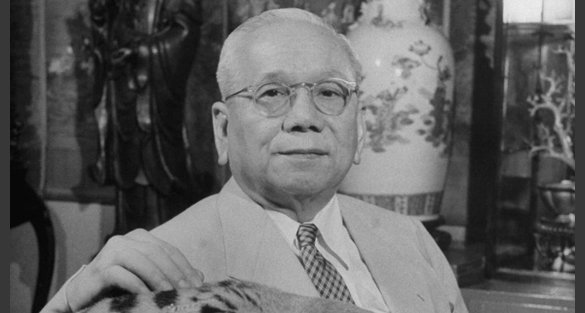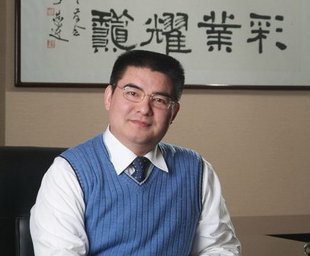There are philanthropists who donate their wealth and wisdom with sincerity, and those who use it more as a huge marketing tool for their image. Two philanthropists in China are the perfect examples of both types of superrich.
Aw Boon Haw
 |
Aw Boon Haw |
Aw Boon Haw (1882-1954) was an ethnic Chinese entrepreneur from Myanmar best known for introducing Tiger Balm, which his herbalist father first created.
Aw moved across Asia expanding his Tiger Balm business along with his brother, and also founded 15 newspapers in the process. One of them was Sing Tao Daily, which is still one of Hong Kong’s prominent newspapers.
Apart from his successful businesses, Aw is also known for his generous philanthropy, once stating that “one must return the money he earned back to society.”
Aw set up around 10 elementary and middle schools in Singapore in 1928, and seven years later, donated 1.5 million yuan ($468 million at current value) to set up an additional 300 elementary schools in China. He also donated 10 million yuan to set up and renovate about a hundred hospitals.
Aw displayed his patriotism by donating money for the anti-Japanese movement in China, by donating around 10 million yuan for war funds ― the largest donation at the time.
In total, he had donated a confirmed amount of 21.5 million yuan during the 1930s and 1940s, about 5 percent of the political party Kuomintang’s yearly budget at the time.
Chen Guangbiao
 |
Chen Guangbiao (Jiangsu Huangpu Renewable Resources Limited Company website) |
Jiangsu Huangpu Renewable Resources chairman Chen Guangbiao, on the other hand, is a controversial figure regarding his philanthropy.
Chen, who found success in his recycling business, first rose to fame for his rescue efforts during the 2008 Sichuan earthquake.
But since then, he has been dogged by controversy for his eccentric publicity stunts. In 2010, he pledged to give away his entire wealth to charity, but then stated in January 2011 that he would use his fortune to build transport infrastructure between Taiwan and mainland China, raising suspicions that his pledges were empty words.
Chen is also suspected of faking several donations. Examples include a claim that he donated 1 million yuan to the China Foundation of Human Rights in 2010, which local media discovered was a fake organization. He also claimed to have donated 1 million yuan to the Red Cross, which the Red Cross denied.
The latest controversy arose after he admitted in March that his ALS Ice Bucket Challenge from last August was fake. The bin full of ice water that Chen seemingly sat in turned out to be 50 degrees Celsius, with some ice put in.
Chen confessed that it was ($161,000) exaggerated performance art, and has been widely criticized by the Chinese public and the media.
By The Korea Herald Superrich Team (
sangyj@heraldcorp.com)
Kwon Nam-keun, Hong Seung-wan, Sung Yeon-jin, Bae Ji-sook, Yoon Hyun-jong, Min Sang-seek, Kim Hyun-il, Sang Youn-joo









